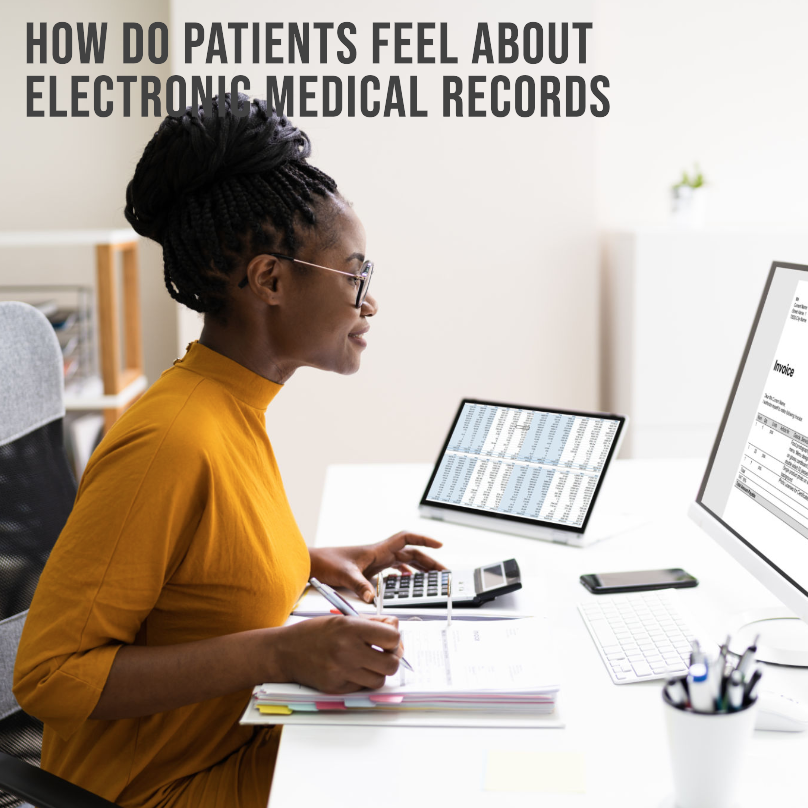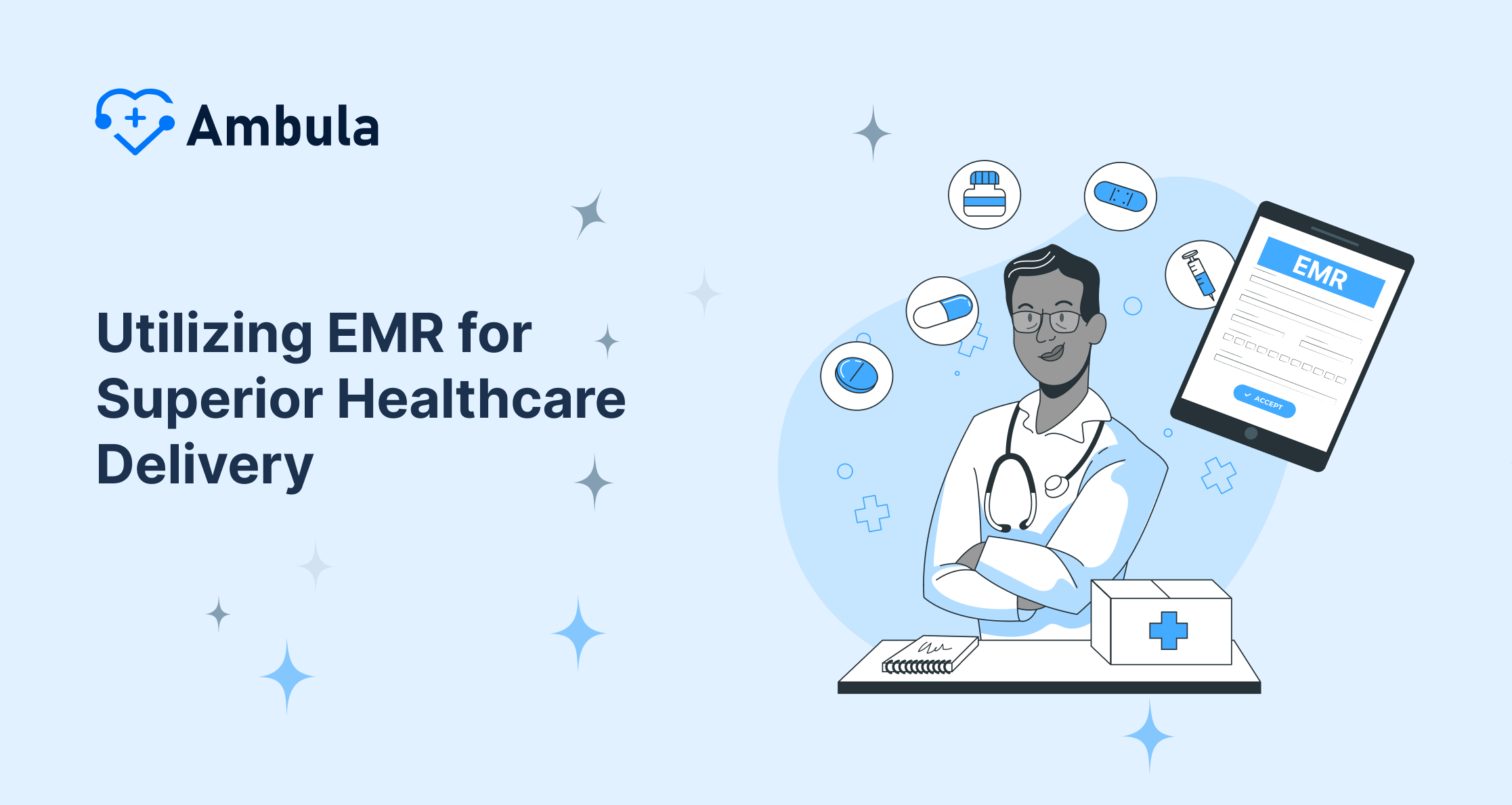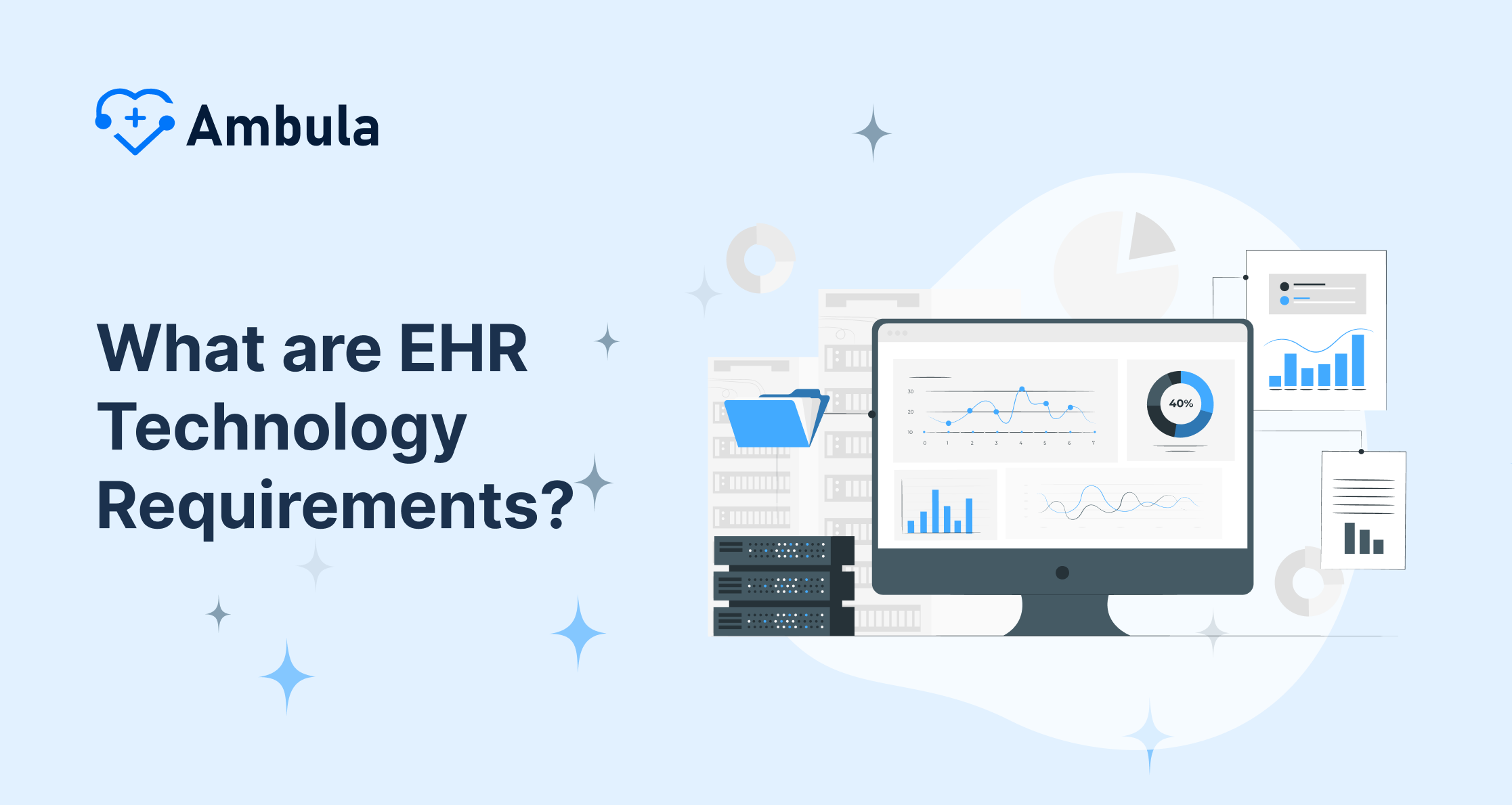
Welcome to a brave new world where your check-ups, allergies, and healthcare history are at your – and your healthcare provider’s – fingertips. This remarkable domain is built on Electronic Medical Records (EMRs), a revolution that has been a technological marvel. However, as we delve deeper into this realm, we have to wonder how patients feel navigating this digital landscape?
The ubiquity of technology in our lives has made it a given that it should nestle itself in healthcare, too. EMRs, digital versions of traditional paper-based medical records, are a significant part of this shift. They are popping up in hospitals, clinics, and doctor’s offices worldwide – storing critical details about patient health information. But how are these records received by those they intimately concern – the patients themselves?
This post will dive into patient sentiments about EMRs – the pros, the struggles, the joys, and the anxieties. Because understanding how patients feel about EMRs isn’t just about gauging the success of this digital shift – it’s about ensuring this technology continues to evolve with patient needs front and center.
Unlocking Electronic Medical Records: Digging Deeper
EMRs might seem complicated at first glance, but they’re essentially digital documentation that can seriously streamline the healthcare process. They keep a record of medical history, diagnoses, medications, treatment plans, dates of immunization, allergies, and test results within one practice. The goal? Easy access, better sharing, and quicker treatment decisions.
However, healthcare isn’t a one-size-fits-all delivery. Patient experiences, outcomes, and satisfaction depend hugely on personal comfort with technology. Perhaps some patients appreciate the quick access and updated real-time information. Simultaneously, others may feel overwhelmed and fearful of a new system replacing their usual comfort zone of paper records.
As we outline the broad range of patient sentiments and experiences, remember that technology and healthcare are dynamic and influenced by the constantly changing world around us. EMRs are no different.
The Leap into the Digital Era: Moving Away from Paper-based Records
The transition from paper records to a digital format has been significant in healthcare, fueled by numerous obvious reasons. Primarily, EMRs promise to eliminate the hassles of paper records – lost files, illegible handwriting, or incomplete histories. They bring fewer errors, excellent communication, and a coordinated health plan.
However, this digital wave hasn’t necessarily reached all shores evenly. Opinions can significantly vary among patients, informed by their levels of digital literacy, comfort, and outlook toward new technology. Is it the logical next step in healthcare, or just an intimidating maze of technicalities?
While the debate continues, let’s not forget the intended beneficiaries of EMRs – the patients. Their thoughts, opinions, and reactions to this digital shift are paramount in understanding the complete picture of EMR influences in healthcare.
Unraveling Patient Reactions to EMRs: The Good and The Bad
Let’s face it – a technological revolution can be a bit of a double-edged sword. On the one hand, patients can find clarity in their health journey with readily available records accessible to all healthcare providers they interact with. The convenience of having access to full health histories, prescriptions, and past procedures provides a comprehensive health picture, making consultations more beneficial and effective. EMR simplifies maintaining a single, consistent view of patients’ journeys, leading to more accurate diagnoses and effective treatments.
However, it’s not all rosy. For some patients, EMRs can seem like an unnecessary complication, a shift away from personal interaction between the provider and patient towards cold, impersonal digital records. Plus, with significant data breaches making headlines each day, patients are becoming increasingly wary of the safety and security of their personal medical information.
Hence, while EMRs promise unparalleled accessibility, they also pose new questions about user comfort and data security. Bridging this gap is the key to making EMRs a universal success.
A Reality Check with Real-life Case Studies
The abstract world of benefits and drawbacks becomes clearer when it plays out in real-world scenarios. Jane is a diabetic who often has to coordinate her care between her primary care physician and endocrinologist. With EMRs, Jane’s various doctors can access and update her health record in real time, improving her care coordination. A consistent health record in multiple healthcare settings can be a lifesaver for patients with chronic or complex conditions.
However, EMRs may somewhat alienate the non-tech savvy or older patients who may not be comfortable using modern technological tools. Take, for instance, Bill, an older patient who feels overwhelmed and anxious trying to navigate complicated digital platforms. Understanding his medications and treatments becomes a daunting task with the EMR, as against the traditional method he was used to.
Ultimately, the transition to EMRs is a mixed bag – aiding some and distressing others. Balancing these different experiences can be critical in the successful adoption and overall patient acceptance of EMRs.
Bestowing Power Back to the Patients: EMRs in the Driver’s Seat
EMRs can be a new lease of life for patients, especially those managing chronic conditions. For starters, access to their health records means patients are well-informed about their health and progress, eliminating ambiguity or patient-doctor communication gaps. By making patients actively participate in the process, we give them a sense of control over their health journey.
By making healthcare data accessible, patients can now play an active role in their healthcare decisions. Additionally, being able to instantly access their health records, read doctor’s notes, and even order medications online empowers patients in their interaction with the healthcare system. Gone are the days when healthcare was a one-way street. With EMRs, patients can actively inform and update their health narrative.
However, EMRs aren’t exactly the magic pill to all healthcare woes. As the healthcare industry grows and changes, so must EMRs to fit the evolving patient needs and concerns, whether it’s usability, digital literacy, or data privacy. Keeping the patient’s voice at the core of the discussion ensures that this digital shift serves its intended purpose – improved patient care.
Charting the Future Course: The Patient’s Vision for EMRs
So, where do we go from here? As technology continues to evolve, so do patient expectations with it. While convenience and accessibility are significant boons, there’s also a yearning for security and familiarity. It’s essential, then that developers and healthcare providers listen to patient feedback when sculpting tomorrow’s EMRs.
Predictably, the digital divide will persist, with some patients more comfortable navigating the digital landscape than others. Hence, training and support to those less technologically inclined should run parallel to these advancements to ensure a more equitable healthcare system.
Indeed, the future of EMRs – and healthcare tech at large – depends heavily on the willingness to adapt and the acceptance among patients who are its ultimate beneficiaries. With the voice of the patient leading the way, EMRs can continue to evolve to meet the ever-changing demands of healthcare.
Summing Up: Electronic Medical Records from the Patient’s Perspective
Cracking the digital code in healthcare is no small feat – but it’s progress that many believe to be worth the teething troubles. EMRs signify a massive leap for healthcare – quick access, up-to-date information, efficient treatment decisions, and empowered patients. Yet, they aren’t without their fair share of pitfalls – data security, digital literacy, and impersonality.
In summary, patient sentiments regarding EMRs range extensively. The ideal situation, however, is a sweet spot where technology complements the human touch rather than eliminates it. To strike this balance, patient voices must echo throughout every step of the way in this digital journey.
So, what’s your experience with EMRs? Whether you’re a patient, a healthcare provider, or a bystander observing the great digital healthcare revolution, feel free to share your thoughts, suggestions, and experiences in the comments below. The road to better healthcare is a trudge, and every perspective helps make it smoother.
After all, healthcare isn’t just about treating diseases – it’s about understanding, empathy, improvement, and progress!




